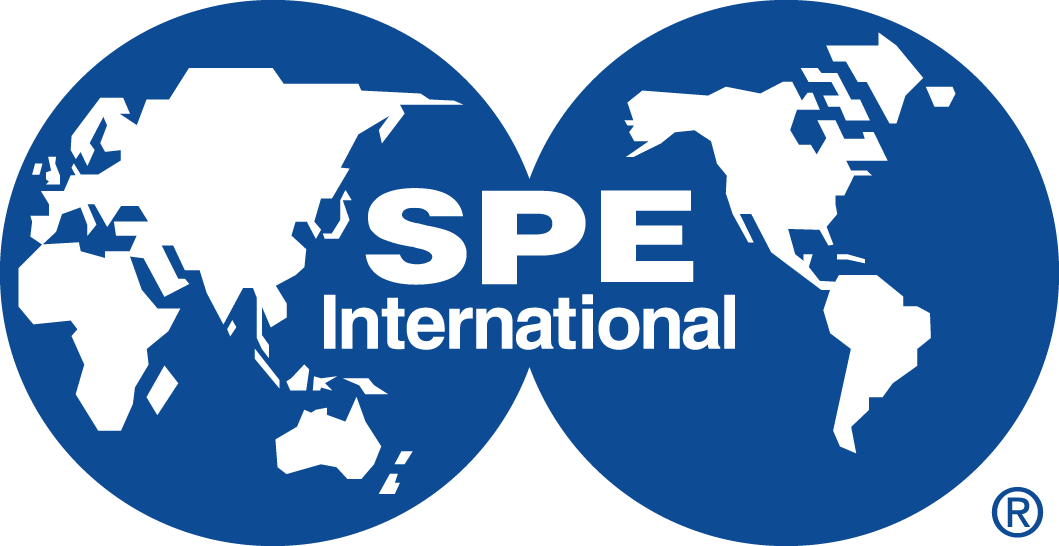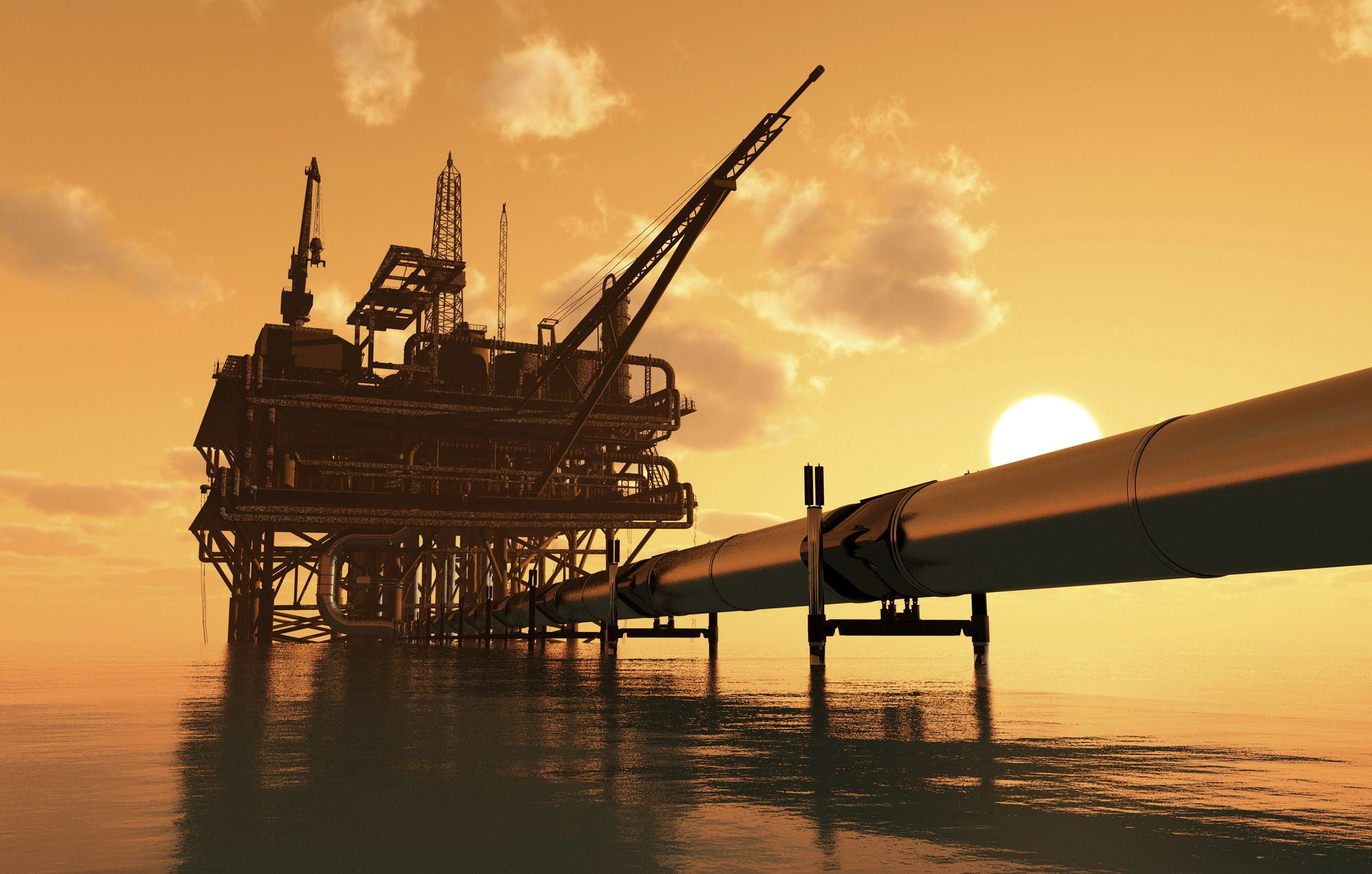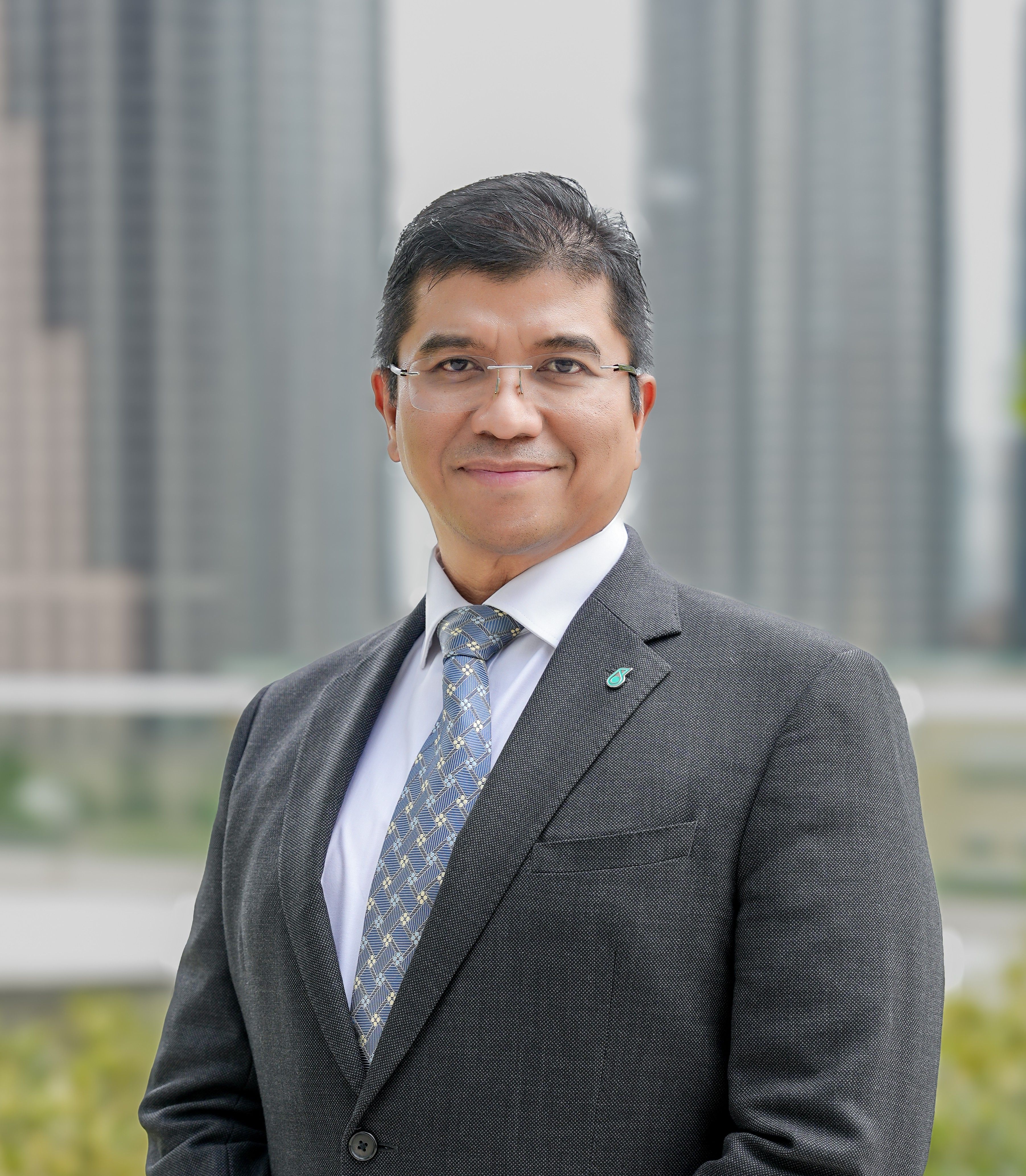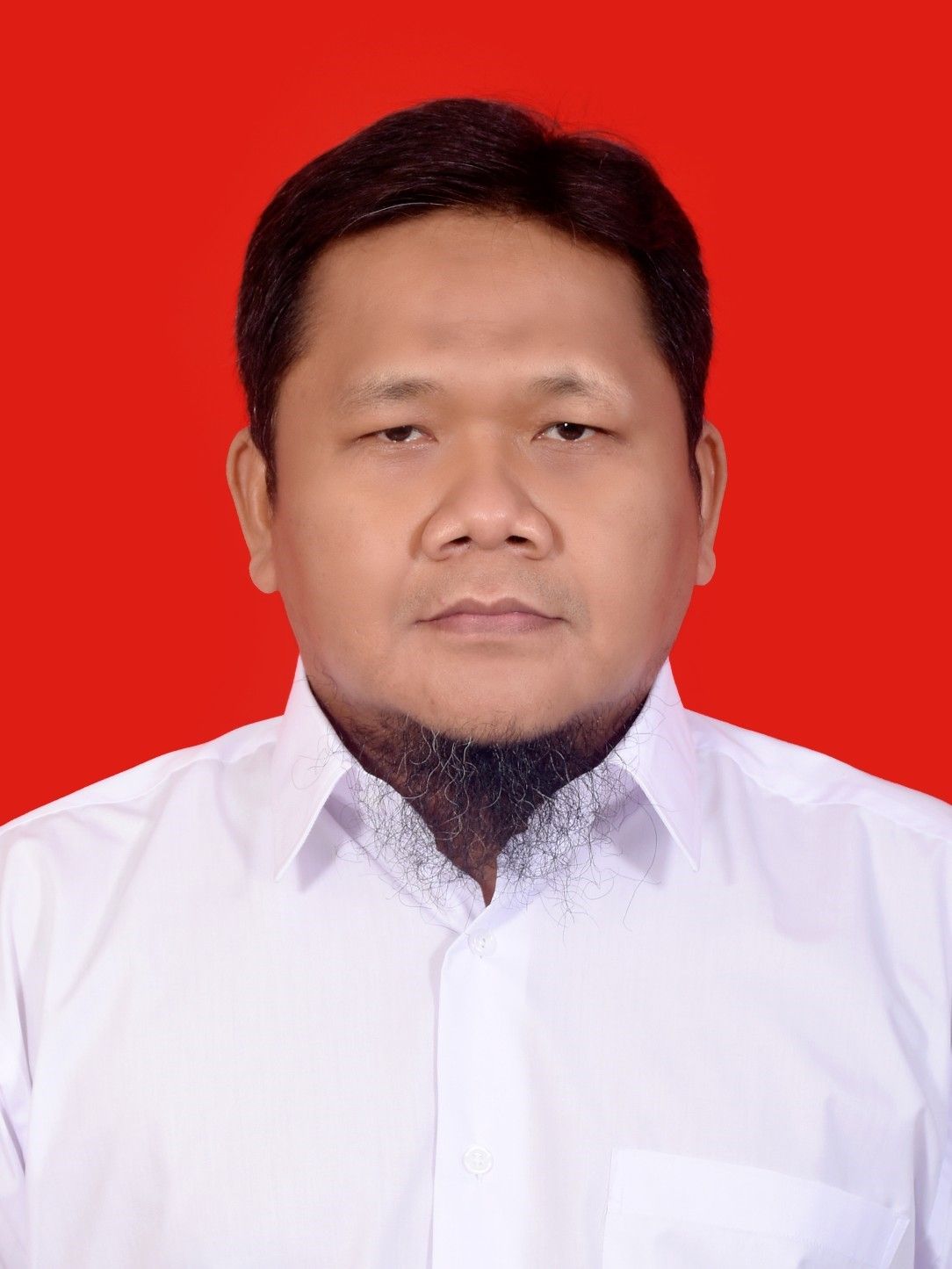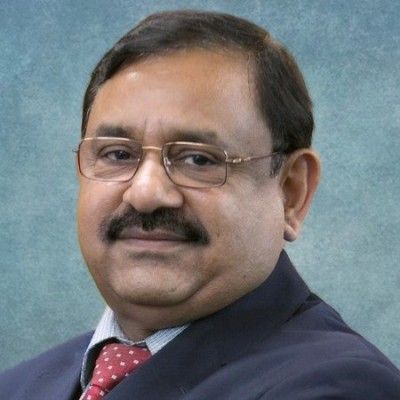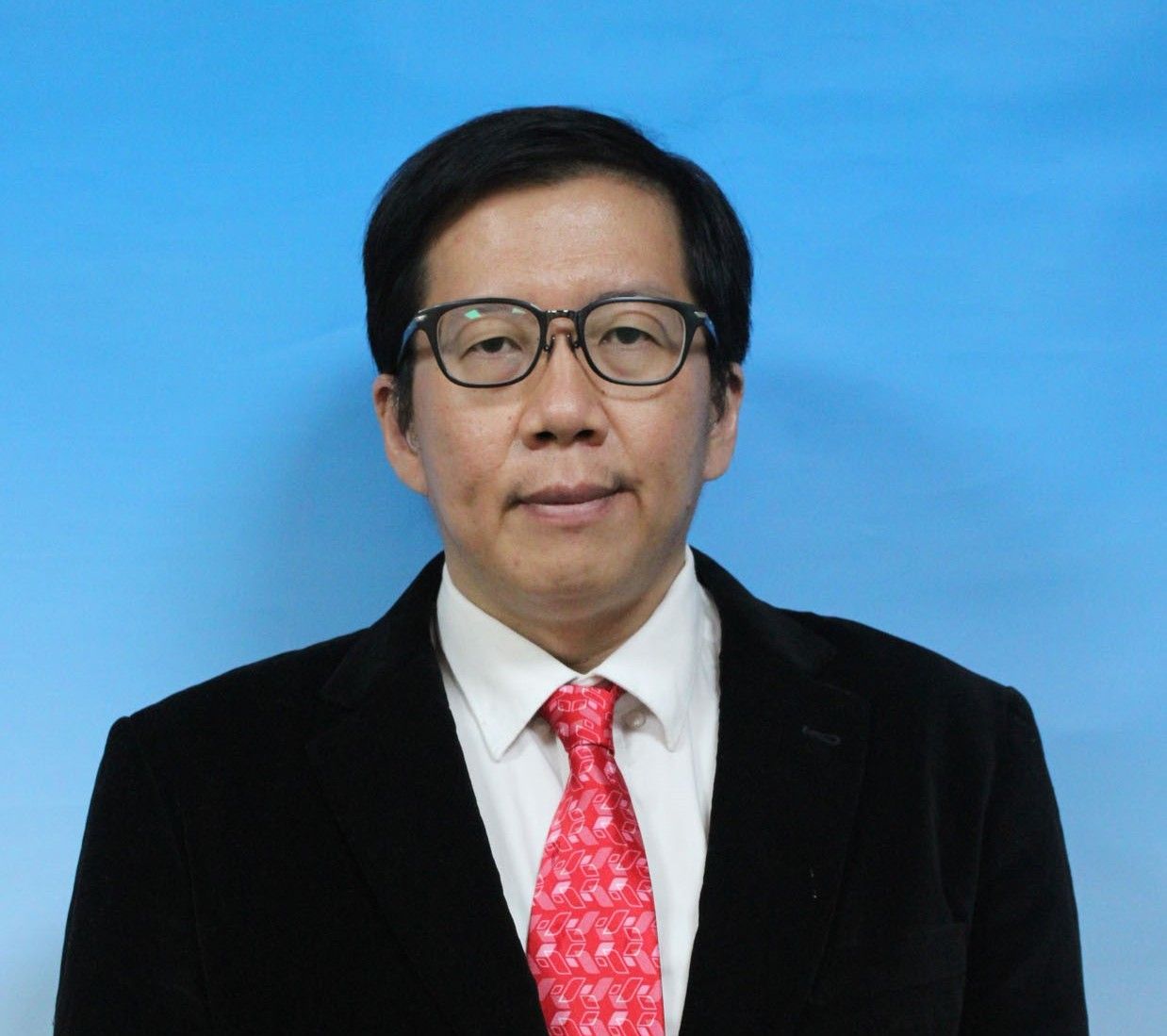-
Foyer of Ballroom 1, Level 1050 mins
-
Ballroom 1, Level 1010 mins
-
Ballroom 1, Level 1045 mins
- Opening/Keynote
-
Foyer of Ballroom 1, Level 1030 mins
-
Ballroom 1, Level 1090 mins
- Panel Sessions
Moderators: Mior Zaiga Sariman, PETRONAS; Francis Wong, PTT Exploration and Production Public Company Limited
Flow assurance in late-life challenges and mature assets presents unique operational complexities. Ageing infrastructure frequently encounters heightened risks, including corrosion, scaling, hydrate formation, wax deposition, and declining flow efficiency. This panel session will explore the common flow assurance issues encountered in mature fields, featuring insights from industry experts, real case studies, and their strategies for mitigating these challenges.
Topics will encompass advanced inspection techniques, enhanced chemical treatments, and retrofitting technologies designed to extend asset life and maintain production efficiency. Delegates will gain valuable insights into managing flow assurance challenges in mature assets, ensuring operational reliability, optimising recovery, and reducing costs, all while upholding safety and environmental standards.ChairpersonSpeakers
-
Roselle Coffee House, Level 860 mins
-
Foyer of Ballroom 1, Level 1030 mins
Discussion Leaders
- Enhancing Offshore Production with Gas-Lift Flow Improvers by Steven Davoren, ChampionX
- A New Approach in Managing Mercury Risk Through Mercury Partitioning Chemicals in High Mercury Condensate Production System by Lakshmi Narayana Koyyalamudi, PETRONAS Carigali Sdn. Bhd.
-
Ballroom 1, Level 1090 mins
- Technical Sessions
Session Managers: Raihan Rozlee, PETRONAS; Sung-Oh Yang, Wood Plc.
Developing fields in deepwater environments presents significant flow assurance challenges due to high costs and operational complexities. This session focuses on tailored strategies to ensure reliable hydrocarbon flow, addressing issues such as hydrate formation, wax deposition, and slugging under extreme subsea conditions. Key discussions will include cost-effective technologies, streamlined pipeline designs, and innovative chemical and thermal management solutions that enhance the economic viability of marginal fields. Case studies will showcase successful approaches to overcoming deepwater flow assurance challenges, optimising production, and reducing overall project costs.
Discussion Leaders
- Deepwater Pour-Point Depressant to Ensure Subsea Flow Assurance: Overcoming Product Development Challenges by Manik Singh , SLB
- Development and Application of a Novel and Environmentally Acceptable Low Dosage Hydrate Inhibitor: A Step Towards Sustainable Hydrate Management by Abhishek Punase, Clariant Corporation
- World’s First In-Riser Velocity String (IRVS) for Later Life Field Slug Mitigation & Production Enhancement by Aiden Hardy, Paradigm
- Holistic Wax, Emulsion, Sludge & Waste Management in Sabah Deepwater Crude Supply Network by Abdullah Azizi Adnan, PETRONAS Carigali Sdn. Bhd.
-
Foyer of Ballroom 1, Level 1015 mins
-
Ballroom 1, Level 1090 mins
- Technical Sessions
Session Managers: Amir Sani A Bak, PETRONAS Carigali Sdn. Bhd.; Chang Boon Fuei, Shell
The management of solids and contaminants is a critical aspect of flow assurance, as these elements can lead to blockages, erosion, and operational inefficiencies in oil and gas production systems. This session will examine strategies to address challenges posed by solids such as sand, scales, hydrates, and corrosion products, alongside sulphur and mercury. Key topics include advanced separation technologies, chemical treatments, and predictive modelling tools aimed at minimising the impact of solids and contaminants on production integrity. Case studies will illustrate innovative approaches to ensure the safe and efficient transportation of hydrocarbons, reducing maintenance costs, and mitigating environmental risks.
Discussion Leaders
- Integrated Approach For Managing Mercury Uncertainties In Greenfield Development: Challenges, Monitoring And Mitigation Strategies by Lee Kok Hock, PETRONAS Carigali Sdn. Bhd.
- Laboratory Qualification & Downhole Field Deployment of a Non-Triazine H2S Scavenger by Billy Lim Zhen Hao, Clariant Oil Services
- MEG Regeneration: Strategies for Contaminant Management and System Efficiency by Tan Hui Yian, ChampionX
- Water Cut Optimization and Flow Assurance Along Crude Oil Shipping Line - Advancing Flow Assurance and Water Allocation/Management Strategies Along Crude Oil Shipping Line to Mitigate Wax Deposition, Emulsion Viscosity, and Improving Flow Conditions by Octy Edriana Wulandari, SLB
-
Foyer of Ballroom 1, Level 1015 mins
-
Foyer of Ballroom 1, Level 1015 mins
Discussion Leaders
- Successful Application of Non-Acidic FeS Control Chemical: Enhancing injectivity & Improving Operational Efficiency at an Onshore Processing Facility by Wong Woei Perng, ChampionX
- Beyond the Initial Flow: Optimizing Long-Term Carbonate Well Performance by Mohd Hafizi Ariffin, PETRONAS
-
Session 3: Role of Optimal Fluid Characterisation in Enhancing Flow Assurance Evaluations ManagementBallroom 1, Level 10120 mins
- Technical Sessions
Session Managers: Adil Pottayil, Calsep Asia Pacific Sdn. Bhd.; Tuan Mohd Yusoff Tuan Mahmud, PETRONAS Carigali Sdn. Bhd.; Luky Hendraningrat, PETRONAS Research Sdn. Bhd.
The reliability of flow assurance simulations for production and transportation networks relies heavily on accurate and representative fluid property and phase behaviour input to effectively evaluate flow assurance challenges in hydrocarbon systems. Comprehensive fluid phase behaviour modelling and the prediction of properties are essential to developing preventive and mitigation strategies.
This session will address the optimal use of fluid laboratory data, advancements in sampling and laboratory analysis, and the significance of proper fluid characterisation techniques in developing representative Equation of State (EOS) models essential for flow assurance evaluations. Emphasis will be placed on how an integrated approach – combining laboratory data, simulation workflows, and real-time monitoring – can identify and manage flow assurance challenges such as wax deposition, hydrate formation, asphaltene precipitation, and emulsion-related risks under dynamic conditions. Attendees will gain insights into leveraging fluid characterisation to optimise system design, enhance operational reliability, minimise financial losses and ensure uninterrupted well productivity.
Discussion Leaders
- Practical Guide to Develop a Representative, Multi-domain Fluid Model and Steps to Avoid Common Pitfalls in Fluid Characterization by Lay Tiong Lim, Calsep Asia Pacific Sdn. Bhd.
- Regional Fluid Characterisitics and Carboxylate / Wax Relationships by Gerard Runham, PETRONAS
- Multiphase Characterization of Waxy Crude Oil and Its Impact to Optimize Flow Assurance Mitigation for Operation and Field Development by Mior Zaiga Sariman, PETRONAS
- The Persistent Challenge of Asphaltene Precipitation in CO₂-EOR and Novel Surfactant-Based Solutions by Jerry Yeoh, PES Enterprise Australia Pty Ltd
- Improvement on Wax Deposition Prediction for Microcrystalline Wax Hydrocarbon Mixture by Astriyana Anuar, PETRONAS Carigali Sdn. Bhd.
-
Foyer of Ballroom 1, Level 1030 mins
Discussion Leaders
- A Holistic Approach for Mature Asset Flow Assurance—From Fluid Characterization to Chemical Treatments by Lim Eng Chuan & Kim Yonghwee, Baker Hughes
- Successful Underground Pipeline Commissioning: Enhancing Complex Waxy and Asphaltic Crude Oil Flowability by Holistic Wax Management Approach in Sumatera Field by Ilham Muawwal Subhan, Pertamina Gas
-
Roselle Coffee House, Level 860 mins
-
Ballroom 1, Level 1090 mins
- Panel Sessions
Session Managers: Mohamed Farouk Ibrahim, Baker Hughes; Zalina Ali, PETRONAS
The field of flow assurance has undergone significant transformations over recent decades, driven by technological advancements, shifting regulatory frameworks, and evolving industry needs. This panel session will explore the key milestones and innovations that have shaped the current state of flow assurance, tracing its journey from early methodologies to cutting-edge solutions.
Our distinguished panellists will provide a historical perspective on flow assurance, reflecting on the challenges faced in the early days of the industry and the pioneering techniques developed to address them. The discussion will examine the transformative impact of digitalisation and automation, highlighting how data analytics, machine learning, and real-time monitoring have revolutionised the prediction and management of flow-related issues.The panel will also address sustainability and environmental considerations, exploring how the industry is embracing greener and more efficient practices. Panellists will share insights into the latest sustainable technologies and strategies designed to minimise environmental impact while maintaining optimal flow performance.
Looking ahead, the discussion will address emerging trends and potential disruptions in flow assurance. Topics will include the integration of renewable energy sources, advancements in materials science, and the growing importance of cybersecurity in safeguarding flow assurance systems.
Chairperson
-
30 mins
-
Foyer of Ballroom 1, Level 1030 mins
Discussion Leaders
- Innovative PIML Solutions for Accurate Pig Tracking in Multiphase Pipelines by Asher Mortimer, Pontem Analytics
- Tool Development for Predicting Emulsion Stability and Demulsification, Enabling Rapid Emulsion Treatment Strategies by Nor Hadhirah Halim, PETRONAS Research Sdn. Bhd.
- Advancements in Real-Time Optimization of Gas Central Processing Facilities: A Glimpse into the Future by Hou Sichang, Schlumberger Copower
-
Ballroom 1, Level 1090 mins
- Technical Sessions
Session Managers: Suzalina Zainal, PETRONAS Research Sdn. Bhd.; Noibrizi Bin Muhamad, Baker Hughes
The digitalisation of flow assurance through advanced simulation tools is transforming how operators predict, manage, and mitigate challenges in oil and gas systems. This session will explore the latest developments in digital solutions, including dynamic modelling, real-time simulations and the integration of machine learning and artificial intelligence (AI-ML). These cutting-edge tools enable intelligent predictions of flow assurance issues such as hydrate formation, organic and inorganic scale depositions, emulsions, and slugging, providing proactive solutions to optimise production efficiency. Attendees will gain valuable insights into the benefits of digital twin technology, enhanced data analytics, and predictive modelling, which collectively improve decision-making, minimise downtime, and enhance operational reliability.
Discussion Leaders
- Transforming Flow Assurance with Digital Twin Technology Integrating Physics-Based Models and AI/ML Workflows by Devina Rawat, SLB
- Addressing and Optimising Flow Assurance Well Design Requirements by Dynamic Modelling by Abigail Lian De Cruz, PETRONAS Carigali Sdn. Bhd.
- Artificial Intelligence (AI) and Machine Learning (ML) Model for Flow Assurance Applications by Joseph J. Szabo, Evonik Corporation
- Novel Integration of EDGE Intelligence and Simulator Engine in Optimizing Gas Lift Wells by Niekmah Lilah Al Hasni, SLB
-
Roselle Coffee House, Level 860 mins
-
Foyer of Ballroom 1, Level 1030 mins
Discussion Leaders
- Realtime Insight Modernized Emulsion Tank's Multiphase Measurement by Noor Elfirdaous Elias, PETRONAS
- Eggshell As Corrosion Inhibitors During Carbon Capture Using Primary Amines: Weight Loss and Surface Morphology Analysis by Ahmad Khairul Amin Asfan Raz, Universiti Teknologi PETRONAS
-
Ballroom 1, Level 10120 mins
- Technical Sessions
Session Managers: Siti Rohaida Mohd Shafian, PETRONAS Research Sdn. Bhd.; Thrunny Anak Jimbau, Baker Hughes
The energy industry's drive towards Carbon Capture, Utilisation and Storage (CCUS) technologies is vital for addressing CO₂ emissions and enabling the transition to a more sustainable energy future. As CCUS technologies continue to advance, the safe, efficient, and reliable transport of CO₂ through pipelines and storage systems becomes increasingly critical.
This transport phase plays a pivotal role in the overall success of decarbonisation efforts and presents numerous challenges that must be effectively addressed. Understanding the unique complexities of CO₂ transport – such as phase transitions, stream characterisation, hydrate formation, corrosion, and pipeline integrity – is essential for implementing robust strategies. These strategies include the selection of appropriate materials, thermal management, impurity control, and the use of advanced simulation tools, all aimed at ensuring the safe and efficient delivery of CO₂ to storage sites.
Discussion Leaders
- A Holistic Approach to Establish Well Operating Envelope of CO2 Injector by Lester Tugung Michael, SLB
- Solving CCS Flow Assurance Transport System Challenges with A More Fundamentals-Based Approach, Prior To Performing Flow Assurance Simulations by Anthony Harris, Wood PLC
- CO₂ Storage Assessment and Hydrate Risk Management in Basin X: Insights from Ultra-Deepwater Reservoir Conditions by M Faizzudin Mat Piah, PETRONAS
- A New Solver for Transient Simulations of CO2 Multiphase Flow in Pipelines and Wells by Azwan Shaharun, SLB
- The Implication of Phase Behaviour for Material Selection in CCUS Pipelines by Ken Prabowo, Baker Hughes
-
30 mins
-
30 mins
Discussion Leaders
- Foam Assisted Oil Well Activation by Nurul Faridah Yusuf, Deleum Chemicals Sdn. Bhd.
- Development and Testing of a Heated Online Sand Sampler by Nazri Khairulnizam, Nuril Oilfield Services
-
Ballroom 1, Level 1090 mins
- Technical Sessions
Session Managers: Siti Rohaida Mohd Shafian, PETRONAS Research Sdn. Bhd.; Astriyana Anuar, PETRONAS Carigali Sdn. Bhd.; Doli Hasyida Bragoba, PT Pertamina
Significant flow assurance challenges persist, including wax, paraffin, and asphaltene deposition, slugging and liquid handling, hydrates, and sand – particularly in deepwater, long distance tie-backs, and mature operations.
This session will explore emerging solutions and technologies designed to prevent, manage, and mitigate these risks. Topics will include advanced chemical inhibitors, thermal management strategies, pipeline heating systems, and mechanical remediation techniques. This session will also highlight the role of predictive modelling and real-time monitoring in identifying and addressing risks before they affect production. Attendees will learn about cutting-edge approaches that not only tackle persistent flow assurance challenges but also drive operational excellence, safeguard production continuity, and optimise asset performance.Discussion Leaders
- Green Inhibitors for Wax, Paraffin, and Asphaltenes: Sustainable Solutions for Flow Assurance Challenges by Amni Haslinda Alpandi, Universiti Teknologi Malaysia
- Breaking The Design Barrier to Sustain Waxy Crude Production by Raihan Rozlee & Amira A Rasib, PETRONAS
- Microscale Evaluation of Asphaltene Deposition to Comprehend its Instability Mechanism by Abhishek Punase, Clariant Corporation
- Flocs Formation Solution Ssing Nonpolymeric Deoiler for Emulsion Treatment in Condensate With High Aromatics by Nazliah Nazma Zulkifli, PETRONAS Research Sdn. Bhd.
-
Ballroom 1, Level 1030 mins
